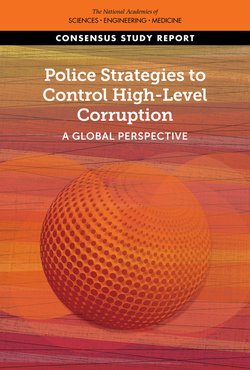Edited by Judith Goetz and Mayer, Stefanie
This new book brings together research and analyses from five continents in order to promote a global perspective on the thoroughly global phenomenon of the current culture wars around sex and gender. The contributions show how transnational networks spread discourses that were developed in the Global North, and how they become re-articulated in different national, political and religious contexts.In recent years, issues of gender and sexuality have become a political battlefield on which far-right, religious and conservative actors wage their war against liberal and left-wing ideas, as well as emancipatory movements. 'Anti-Gender' crusades, which had originally been launched by the Vatican, deeply impacted societies and politics especially as these discourses were adopted by the secular far-right. Campaigns against sexual and reproductive rights, against gender equality and sexual diversity were waged from Russia to the United States and from Latin America to Japan.
Edinburgh: Edinburgh University Press, 2024.





